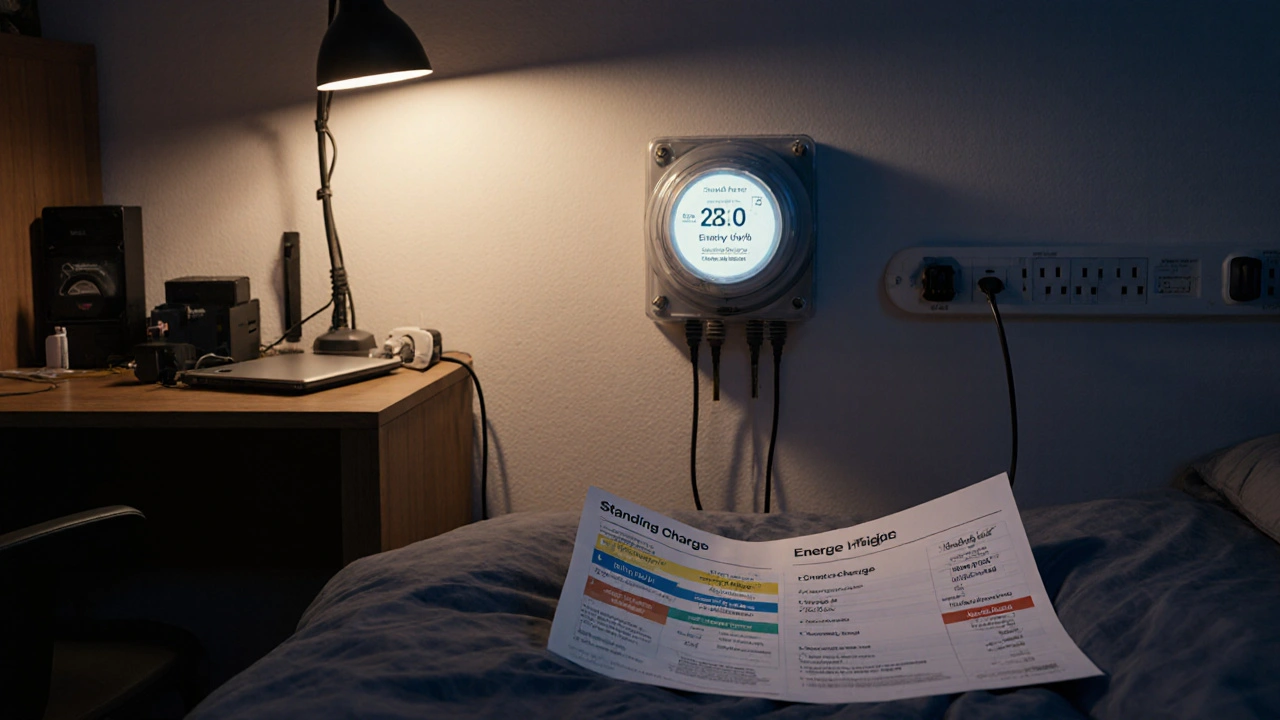Energy Subscription: How UK Students Can Save on Bills and Avoid Overpaying
When you move into student housing, your energy subscription, the agreement you sign with a supplier to get gas and electricity for your home. Also known as utility contract, it’s one of the most overlooked but costly parts of student life. Most students don’t realize they’re often stuck on expensive default tariffs, paying up to 40% more than needed. And if you’re on a joint tenancy, one person’s mistake—like missing a switch or not setting up a direct debit—can leave everyone with a surprise bill.
Your energy supplier, the company that provides your gas and electricity, like British Gas, EDF, or Octopus Energy isn’t always your friend. Many push fixed-term deals that lock you in, while others charge high exit fees if you want to leave early. But here’s the truth: you don’t need to be tied to a big name. Smaller suppliers like Bulb or Co-op Energy often offer better rates, and some even have student-specific plans. And if you’re in university halls, your accommodation might already have a bulk deal—so check before signing anything yourself.
Setting up a direct debit for utilities, a recurring payment from your bank to your energy supplier, usually the cheapest way to pay isn’t just about convenience—it’s about savings. Suppliers reward direct debits with lower rates, and you avoid late fees or disconnection. But don’t just accept the first amount they suggest. Track your usage for a month, then adjust. Overpaying means you’re giving them free interest; underpaying means you’ll owe a lump sum later.
And don’t ignore the small stuff. If you’re sharing a house, split usage fairly. Use smart plugs to track which devices waste power. Turn off heaters when you’re out. A 10-minute shower instead of 20 can cut your bill by £10 a month. These aren’t just tips—they’re habits that add up.
What you’ll find below are real, student-tested guides on how to pick the right energy deal, how to switch without stress, how to handle billing disputes with your landlord or supplier, and how to use apps to monitor your usage in real time. No fluff. No jargon. Just what actually works for students in England, Scotland, Wales, and Northern Ireland.
Published on Oct 26
0 Comments
Learn how to read your UK energy bill as a student, spot hidden fees, switch to cheaper tariffs, and cut costs without stress. Simple steps to save money on gas and electricity.
